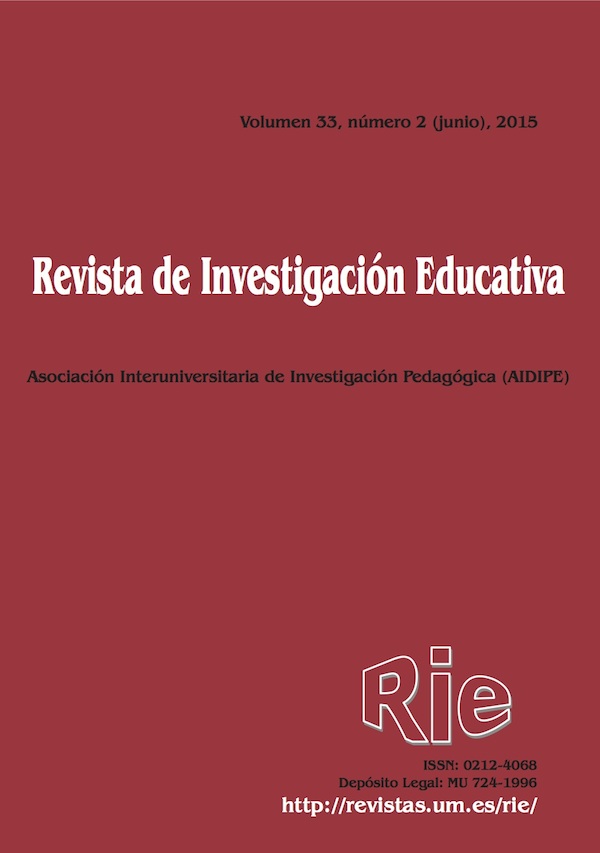Students’ perceptions of developing of competences through different innovative methodologies
Supporting Agencies
- PAID-ULE 2014
Abstract
The aim of this study was to analyze students’ perception about the influence that five active teaching-learning methodologies (problem based learning; case study; collaborative study; expert and guided study) have on the development of competences (instrumental; systemic and personal). 280 students enrolled in the Faculty of Education at the University of León took part in this study. They studied different subject-matters following each of the active teaching-learning methodologies. The Assessment Questionnaire of General Competences was administered after each methodology in order to assess to what extent students believed they had developed their competences. The findings indicated that the problem based learning methodology promotes greater development of competences than the other ones. Collaborative study is the methodology least capable of promoting the development of the following competences: methodological; linguistics; teamwork; ethical commitment and leadership. The main findings; their implications and limitations are discussed.
Downloads
-
Abstract14866
-
PDF (Español (España))11901
The articles and scientific documents published in RIE abide the following conditions:
1. The Servicio de Publicaciones de la Universidad de Murcia (the publisher) has the property rights (copyright) of all the documents published and allows the reuse under the user’s license indicated in point 2.
2. All documents are published in the digital edition of RIE under a Creative Commons Reconocimiento-NoComercial-SinObraDerivada 4.0 Internacional. (legal document) license. These documents can be copied, used, distributed, communicated and explained publicly if: i) the author(s) and its original source of publishing (magazine, publisher and URL of the document) are cited; ii) it is not used for commercial purpose; iii) the existence and the specifications about this license are mentioned.
3. Auto-archive’s conditions. The authors are allowed and encouraged to digitally distribute the pre-print versions (a version before evaluation) and/or post-print (a version that it is already evaluated and accepted to its publication). This promotes circulation and distribution earlier and can increase the citations and significance within the academic community.









